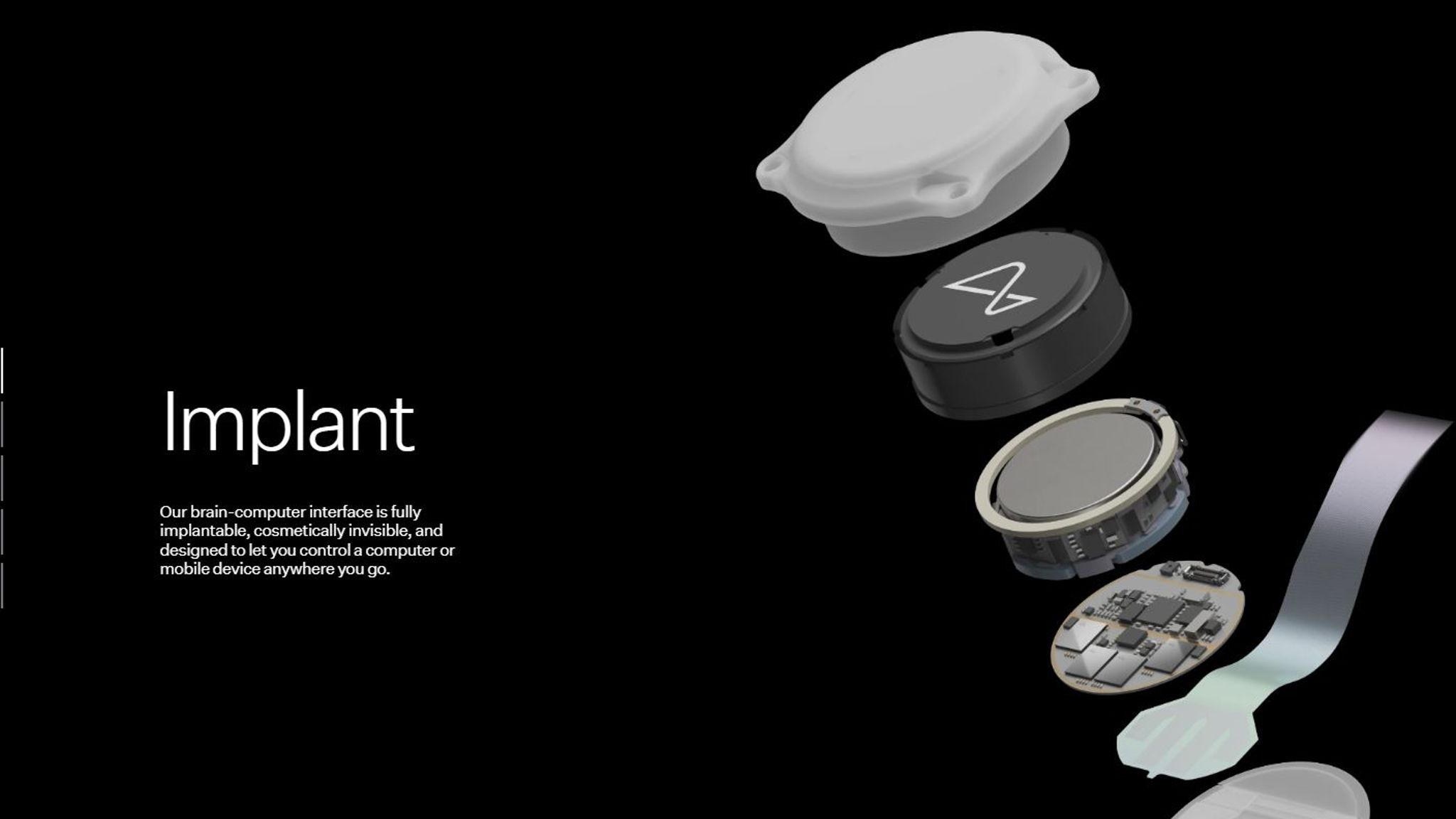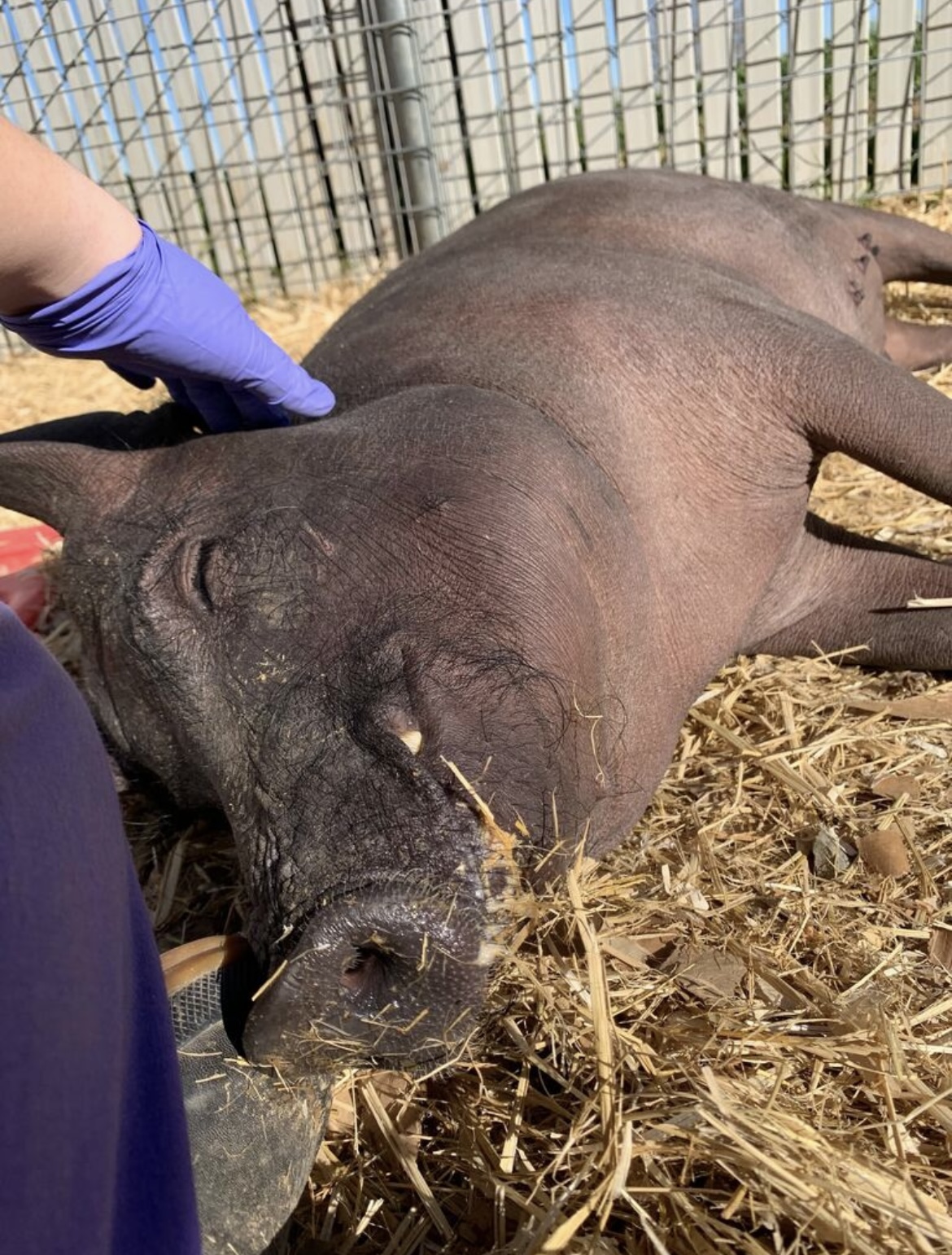Elon Musk’s Neuralink has livestreamed a video of its first brain-chip implanted patient, using his mind to play online chess.
Neuralink on Wednesday revealed the 9 minute video with a tweet on X (formerly Twitter), which showed one of its engineers alongside Noland Arbaugh, a 29-year-old patient who is a quadriplegic after he was paralysed below the shoulders after a diving accident some years ago.
Arbaugh seemed to be at home with his two dogs, and the video showed him in a wheelchair and playing online chess on his laptop, using just his mind to move the mouse cursor.
In the video Arbaugh also switched off music playing on the laptop, again just by using his mind (and the Neuralink implant of course).

Brain control
Arbaugh joked he was using “the force” from Star Wars to move the cursor on the laptop screen, saying he couldn’t describe “how cool it is” to be able to do that.
When the ability was first unlocked for him, he said he stayed awake for six hours playing the computer game Civilization VI. He now also reads, learns languages on his laptop, and can now do this independently of his parents or brother.
In the video Arbaugh also joked that he is going to dress up as Professor X for this year’s halloween, which he said was “fitting” as not only is he wheelchair bound, but is also now “teleconnectic”.
— Neuralink (@neuralink) March 20, 2024
Arbaugh admitted to the audience that the Neuralink implant is not perfect, and there is “still a lot of work to be done”, but it has “already changed his life”, and he encouraged others thinking about enrolling, to do so, as there is noting to afraid of and the surgery was “super easy”.
He said he was released from hospital the following day after the implant operation.
He thanked Neuralink for working hard every day to make this a reality, and it is “going to change the world.”
Paralysed patient
Neuralink was given the go-ahead in September 2023 to begin recruitment for a human subject.
Musk said at the time Neuralink’s first product would be called Telepathy and would enable “control of your phone or computer, and through them almost any device, just by thinking”.
He said initial target users would be those who had lost the use of their limbs.
Then in January 2024 Neuralink said it had implanted a human brain with a test device for the first time after obtaining permission from the US Food and Drug Administration (FDA) in May 2023 to test its chip on humans.
In February 2024 the firm revealed its first implant patient could control a computer mouse with their thoughts.
Animal testing
Musk had first revealed his plans to develop a human brain to computer interface back in 2017.
Then in July 2020 Musk touted the ability of the brain implant chip to stream music wirelessly into the brain, bypassing earphones or even ears.
A month later Musk called the brain implants a “Fitbit for your skull”.
For years Neuralink has been testing its brain interface chip with animals, as it sought approval from the US Food and Drug Administration (FDA) to begin clinical trials in people.
For example in April 2021, Neuralink posted a video that showed a monkey playing a game of Pong using only signals from its mind.
![]()
That video showed the monkey first controlling the game using a joystick, and being rewarded with a banana smoothie delivered through a metal straw. Meanwhile the implanted chip records the brain signals used to control the joystick.
When the scientific team disconnected the joystick, the monkey continued to play, but now the game of “MindPong”, as the company nicknamed it, was apparently controlled using brain signals only from the monkey.
Neuralink had also previously showed a video of a pig called Gertrude (Gertie) with an implant that allowed her neural activity to be tracked as she looked for food.

Neuralink is competing with Synchron (backed by Bill Gates and Jeff Bezos), which had received US regulatory clearance for human trials back in 2021 and had already completed studies in four people in Australia.
That company’s device has also allowed paralysed people to text and type by thinking alone.





